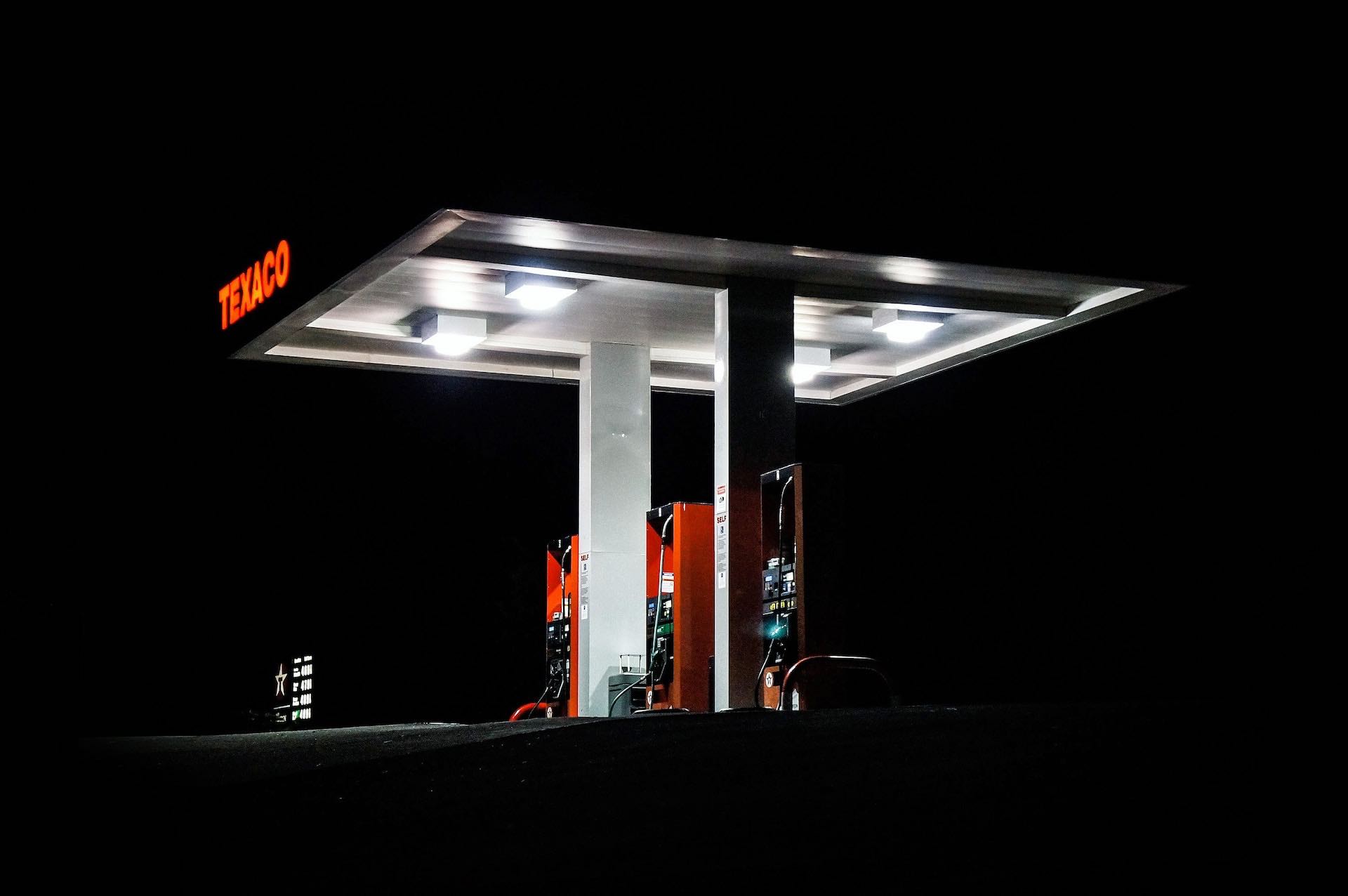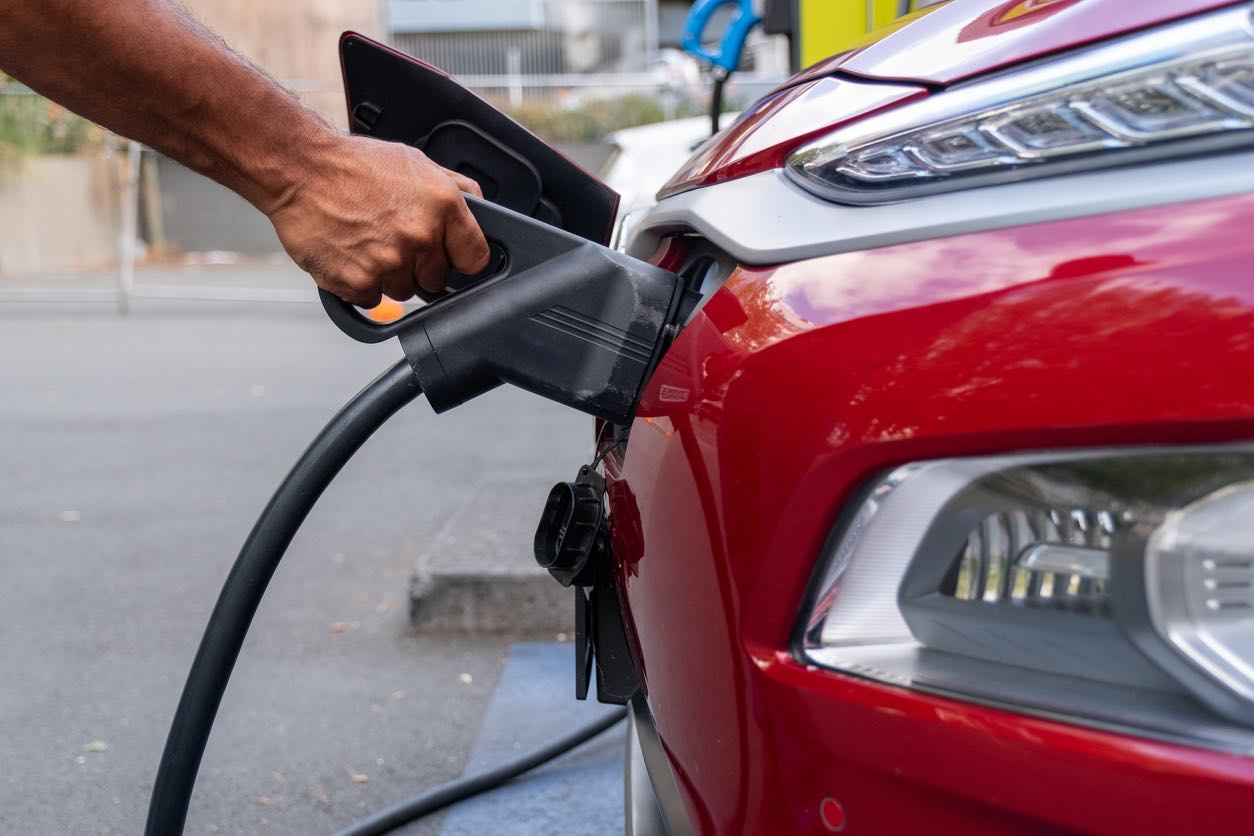The West Coast of the United States stands out as a symbol of change in the energy environment amid the worldwide clamor for sustainable solutions. As the globe struggles with the effects of its reliance on fossil fuels, states like California, Washington, and Oregon are leading a green revolution by promoting biofuels over conventional diesel. This is more than simply a local trend; it is a strong declaration of the West Coast’s commitment to environmental protection and a sustainable future.
Biofuels, in particular renewable diesel and biodiesel, are not merely trendy terms in the energy industry; they hold out promise for a more sustainable and clean future. The search for environmentally suitable substitutes is gaining traction as the negative effects of conventional fuels become abundantly obvious. The front-runners in this race are biofuels, which provide a workable, sustainable answer that promises lower emissions and a healthier world. We’ll break down this paradigm shift in the parts that follow, illuminating its causes, the benefits of biofuels, and what it portends for the future of American energy.

A Significant Drop: The usage of diesel has significantly decreased in the West Coast, which includes California, Washington, and Oregon. Diesel, a distillate fuel oil, saw a sharp decline in usage from January to April, falling to little under 400,000 barrels per day. This amount is a considerable decline from the 450,000 barrels per day recorded in 2000 and is 18% lower than the average for the prior year.
The EIA’s Observation: The West Coast’s usage of diesel in the preceding year was at its lowest level since 2002, according to the U.S. Energy Information Administration (EIA). The main cause of this drop is the rising use of biofuels in place of petroleum diesel.
Biofuels Over Diesel: Diesel substitutes that are biofuels, such as biodiesel and renewable diesel, have become popular. These biofuels play a key role in helping the West Coast states comply with their pollution standards. The West Coast continues to be an anomaly, with diesel consumption there rising to pre-pandemic levels.
Renewable Diesel’s Popularity: On the West Coast, in particular, renewable diesel has significantly increased its market share. This is due to initiatives that encourage the use of clean fuels. It is interesting to note that California consumes practically all of the renewable diesel generated in the United States.
The Distinction Between Renewable Diesel and Biodiesel: Diesel can be substituted with biodiesel or renewable diesel. While biodiesel is chemically distinct from renewable diesel and is blended with diesel, renewable diesel is chemically equivalent to petroleum-based diesel and may be used in diesel engines at any proportion.

Biofuel Stations Across the U.S.: There are 1,885 governmental and private biofuel stations in the United States. With 1,312, biodiesel stations are the most numerous, followed by 573 renewable biodiesel stations. California, a leader in the environmental movement, has 570 stations using renewable fuel.
Renewable Diesel’s Advantage: In the Renewable Fuel Standard program of the United States Environmental Protection Agency, renewable diesel has an advantage over biodiesel. This is due to the fact that it receives a few extra credits.
Paul Winters’ Insights: Paul Winters of the Clean Fuels Alliance America mentioned the effectiveness of low-carbon fuel initiatives in California and Oregon. Over 45% of the diesel fuel used in California is made up of renewable and biodiesel. These numbers currently stand at 14% in Oregon.
EPA’s Oversight: Winters voiced worries about the Renewable Fuel Standard rule that the EPA will be implementing in the next years. He contends that the EPA disregarded the development and significance of biofuels, which caused a disparity between the target numbers and the actual market volumes.

The bold switch made by the West Coast from conventional diesel to biofuels is a cry for a worldwide transition rather than just a local one. This area, which includes energy giants like California, Washington, and Oregon, is actively influencing how energy will be consumed in the future rather of passively reacting to the times. The West Coast is tackling today’s urgent environmental issues by supporting biofuels and putting forth a sustainable model for others to follow.
This transformation has wide-ranging impacts. It is clear from the rising demand for renewable diesel and biodiesel that the West Coast is committed to preserving the future as well as the present. They are fending off the impending threat of climate change by cutting back on hazardous emissions. Additionally, they’re making sure that the United States continues at the forefront of sustainable innovation and establishing a standard for the rest of the world to follow by supporting the green energy industry. This forward-thinking strategy highlights the area’s dedication to a cleaner, greener, and more sustainable future.

Ship A Car, Inc. stands out as the industry benchmark in the extensive field of automobile and freight transportation in the United States. In addition to emphasizing timely and effective delivery, the company also promotes environmentally responsible methods in line with the country’s move towards sustainability. With unmatched professionalism, each client’s needs are met, making sure that vehicles arrive at their destinations in top shape. Ship A Car is more than simply a service car shipping & freight transport service provider—with a remarkable track record in customer satisfaction—it’s a reliable companion on your transportation journey.
- Why is the West Coast transitioning from diesel to biofuels?
The West Coast is transitioning to biofuels to meet emission requirements and promote environmentally friendly fuel sources. Biofuels like renewable diesel and biodiesel produce fewer emissions compared to traditional diesel. - What is the difference between renewable diesel and biodiesel?
Renewable diesel is chemically identical to petroleum-based diesel and can be used in any concentration in diesel engines. Biodiesel, on the other hand, is chemically different and is typically blended with diesel.




